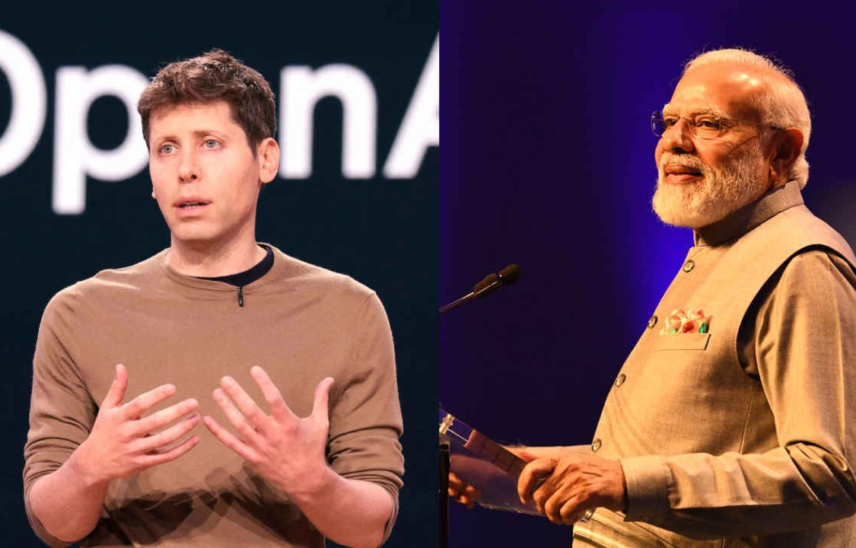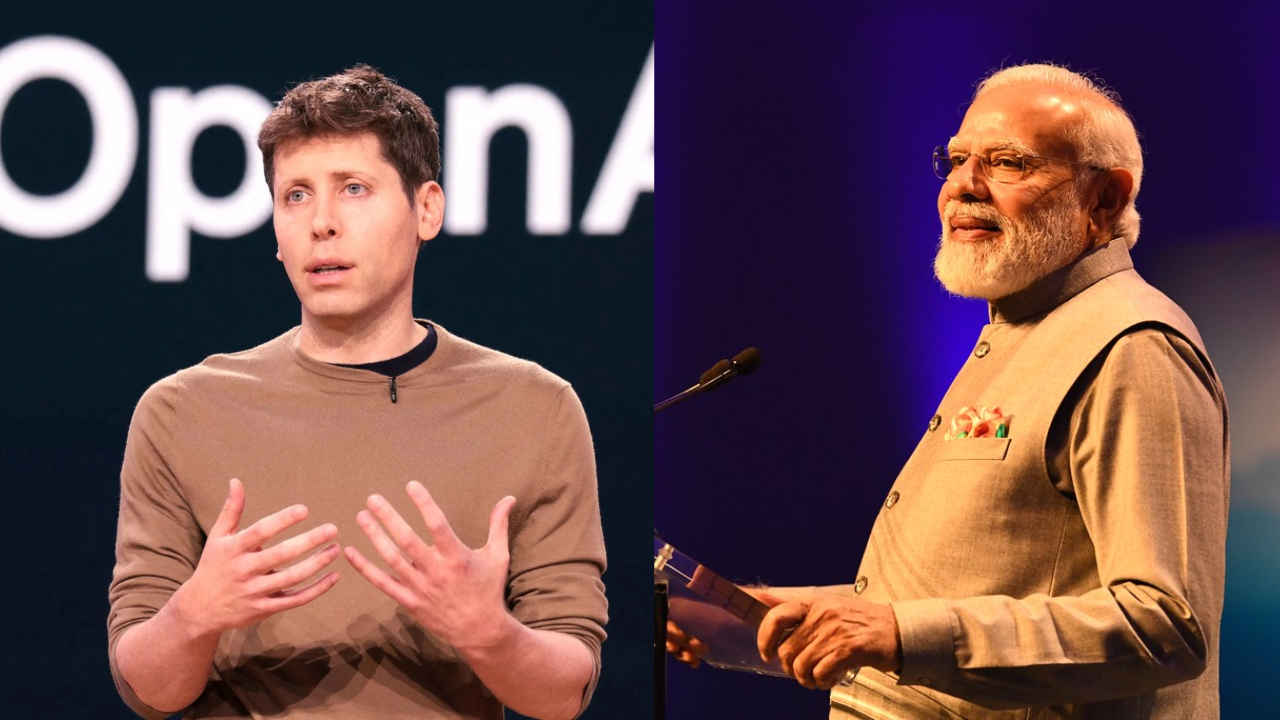
- Home
- Managed Services
- Cyber Security
- Blog
- About Us

We 365 Admin Support, just simplify your IT problems
Call for a free support. +91 96666 59505Platform Partnership
- Who We Help
- Shop
- Contact
- News






HIGHLIGHTS
Table of Contents
ToggleOpenAI’s CEO Sam Altman will arrive in India this week, where he is anticipated to engage in discussions with Prime Minister Narendra Modi and Ashwini Vaishnaw, the Union Minister of Electronics and Information Technology. This visit occurs at a time when India is keenly evaluating how to effectively develop its own AI technologies while concurrently utilizing existing AI advancements available globally.
At a recent town hall event organized by CNBC-TV18, S Krishnan, Secretary of the Ministry of Electronics and Information Technology (MeitY), discussed India’s ambitions in the field of artificial intelligence. He expressed the government’s enthusiasm for employing open-source models as the foundation for the country’s first foundational AI system. Nonetheless, the government remains open to potential collaborations with established AI organizations, including OpenAI, as it navigates this dynamic landscape.
Additionally, in an important clarification, Krishnan pointed out that while there is a willingness to collaborate with OpenAI, its flagship product, ChatGPT, is not classified as an open-source model. “Our models must be constructed on open-source infrastructures,” he asserted. This statement underscores India’s commitment to developing AI technologies that are transparent and under local control, even as it seeks to learn from and integrate global innovations within the field.
For instance, Krishnan referenced DeepSeek as a model that illustrates a hybrid approach to AI creation. “DeepSeek demonstrates how elements from an existing model can be adapted and enhanced for new applications,” he explained. However, he also noted a significant hurdle—the ambiguity surrounding the training data associated with these models. This raises questions about the integrity and applicability of the AI solutions being developed.
Another dimension of this discussion focuses on the myriad implications of data privacy, particularly when incorporating foreign AI tools. Krishnan articulated the challenges presented: “If you utilize DeepSeek as an application, your data is likely routed to their external servers.” To mitigate concerns about data security, he proposed that India could host the DeepSeek model on local servers, ensuring that user information remains within Indian borders. This strategy would not only alleviate privacy concerns but also empower India to access substantial AI developments while safeguarding its citizens’ data rights.
As India moves forward in its AI journey, it is imperative to strike a harmonious balance between innovation and the ethical implications that accompany the integration of AI technologies. Discussions like those anticipated between Altman and Modi play a critical role in shaping the policy landscape. The willingness to engage with major international players in AI, while maintaining a strong foundation in open-source frameworks, highlights India’s strategic approach to becoming an influential player in the global AI space.
In conclusion, Sam Altman’s visit is strategically significant for India as it repositions itself within the global AI landscape. The dialogues that emerge from this engagement could pave the way for novel partnerships, all while ensuring that India’s data privacy and security measures are upheld. The commitment to building an open-source AI infrastructure reflects a thoughtful approach to embracing cutting-edge technology while fostering an environment of local empowerment and oversight.